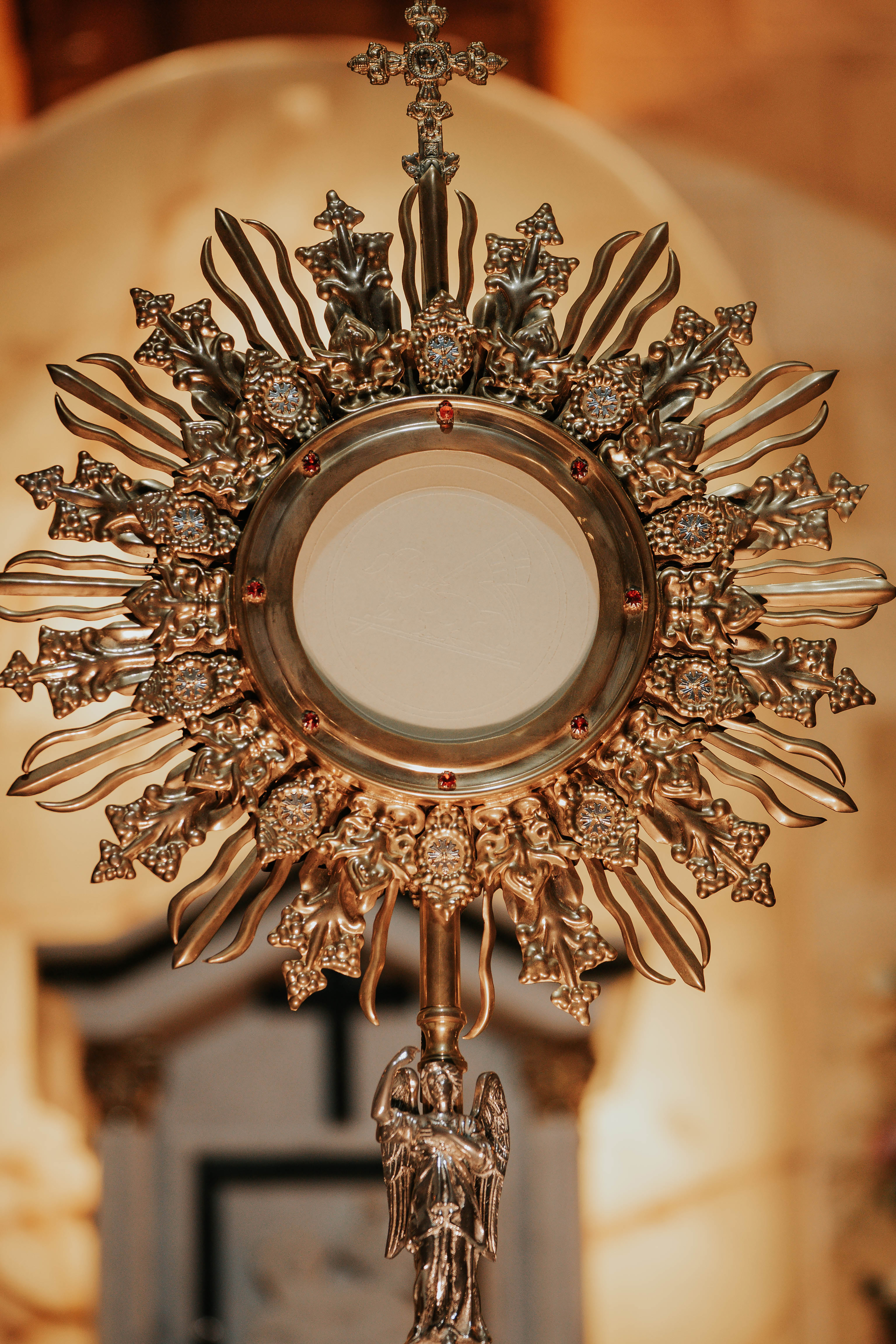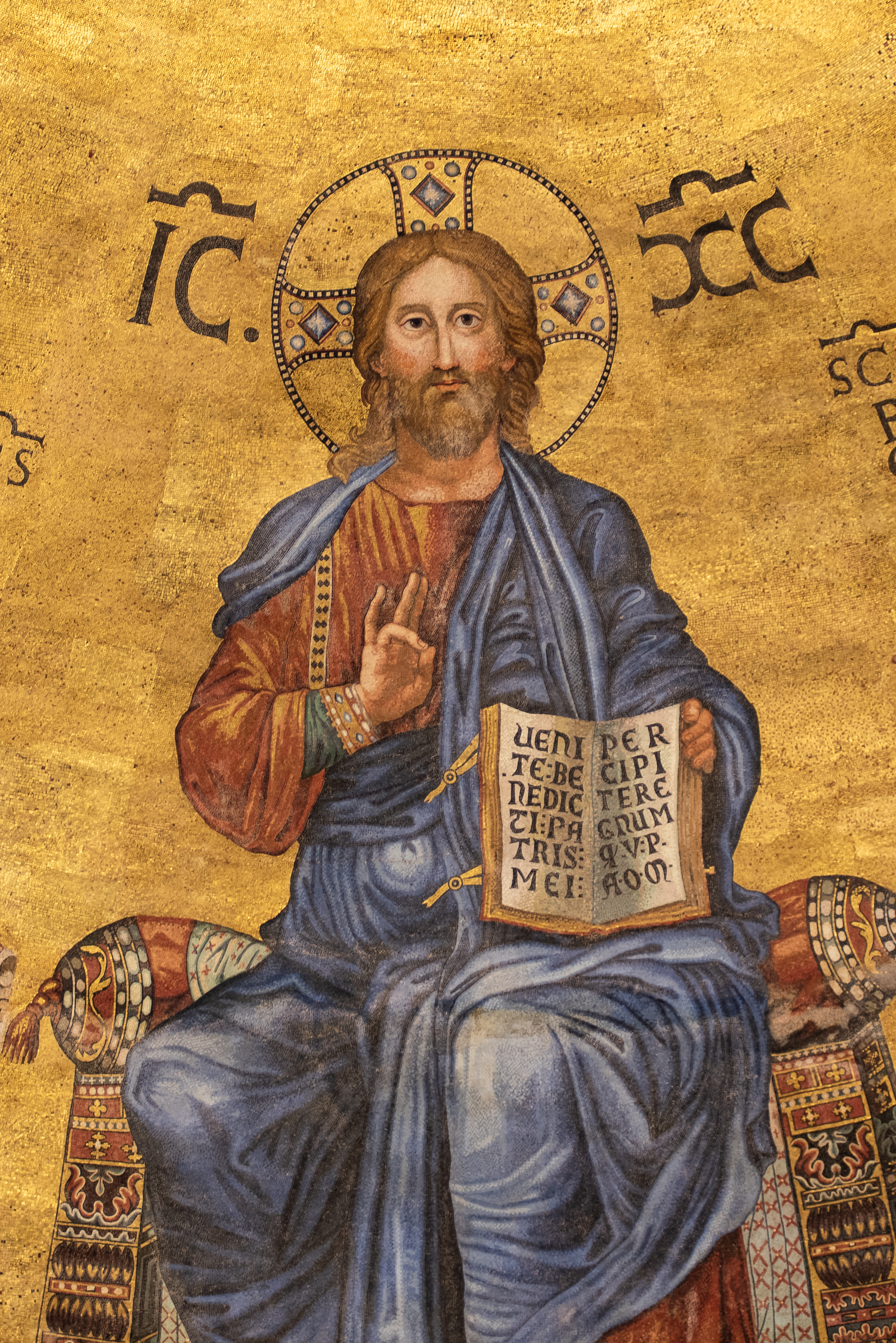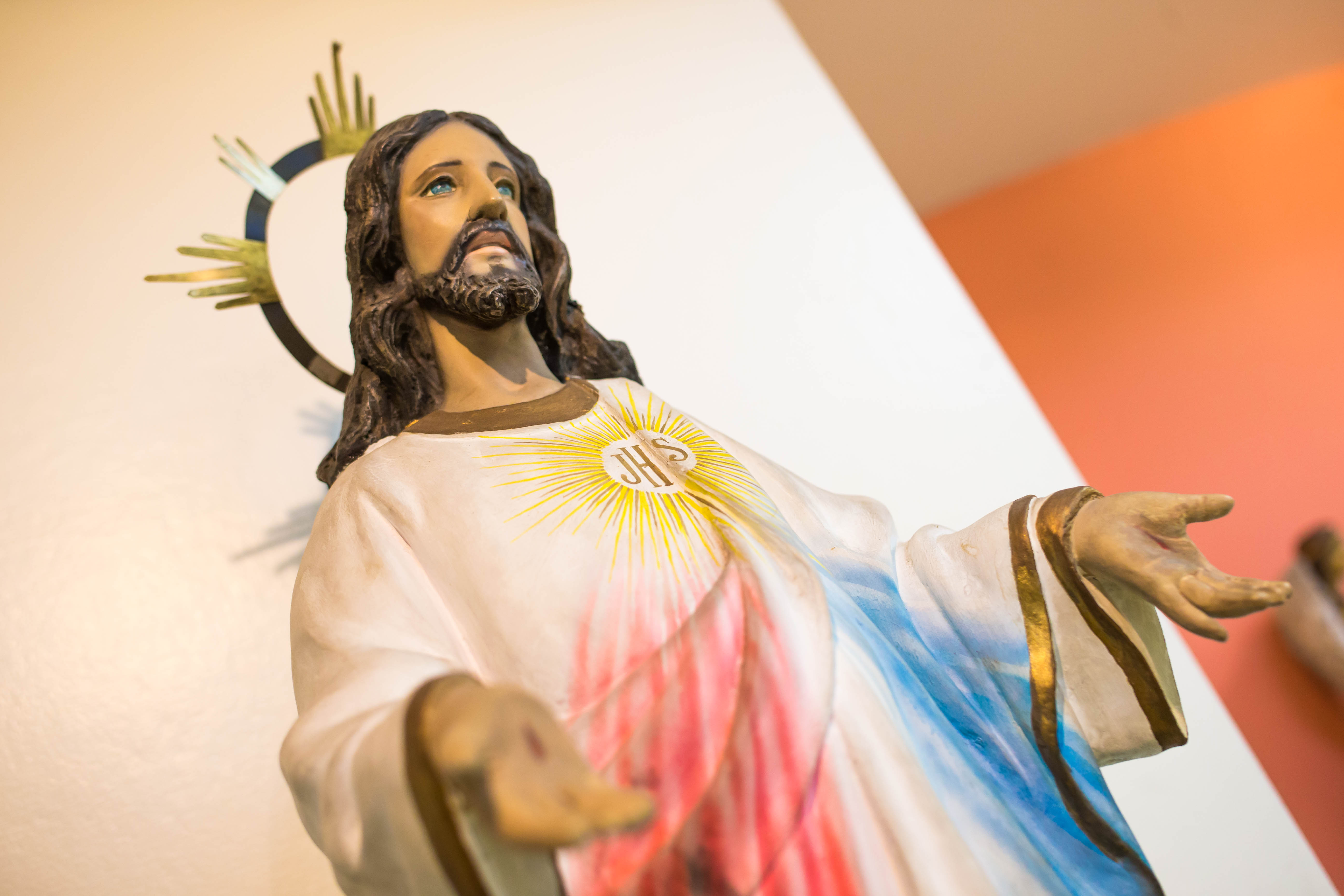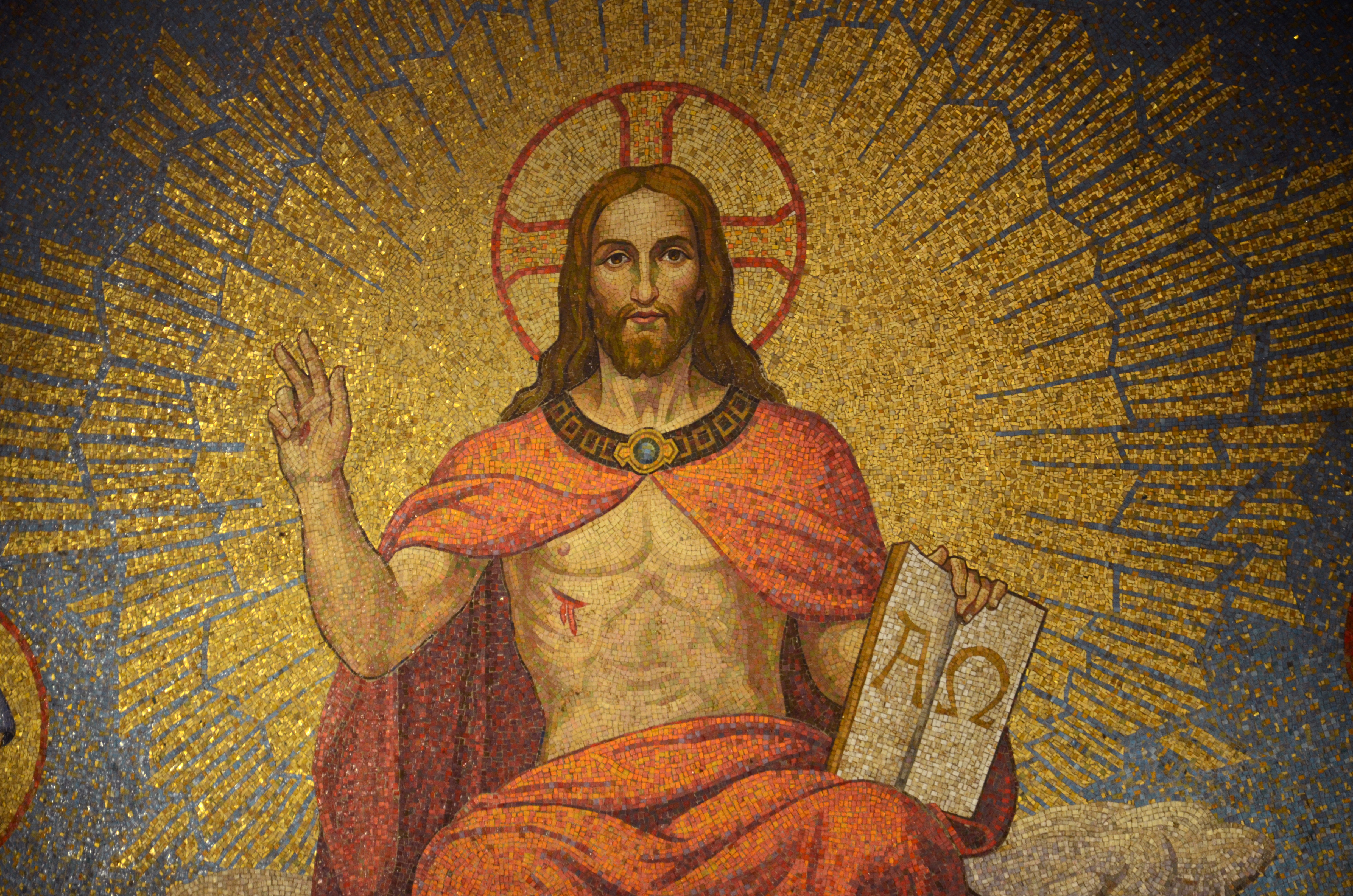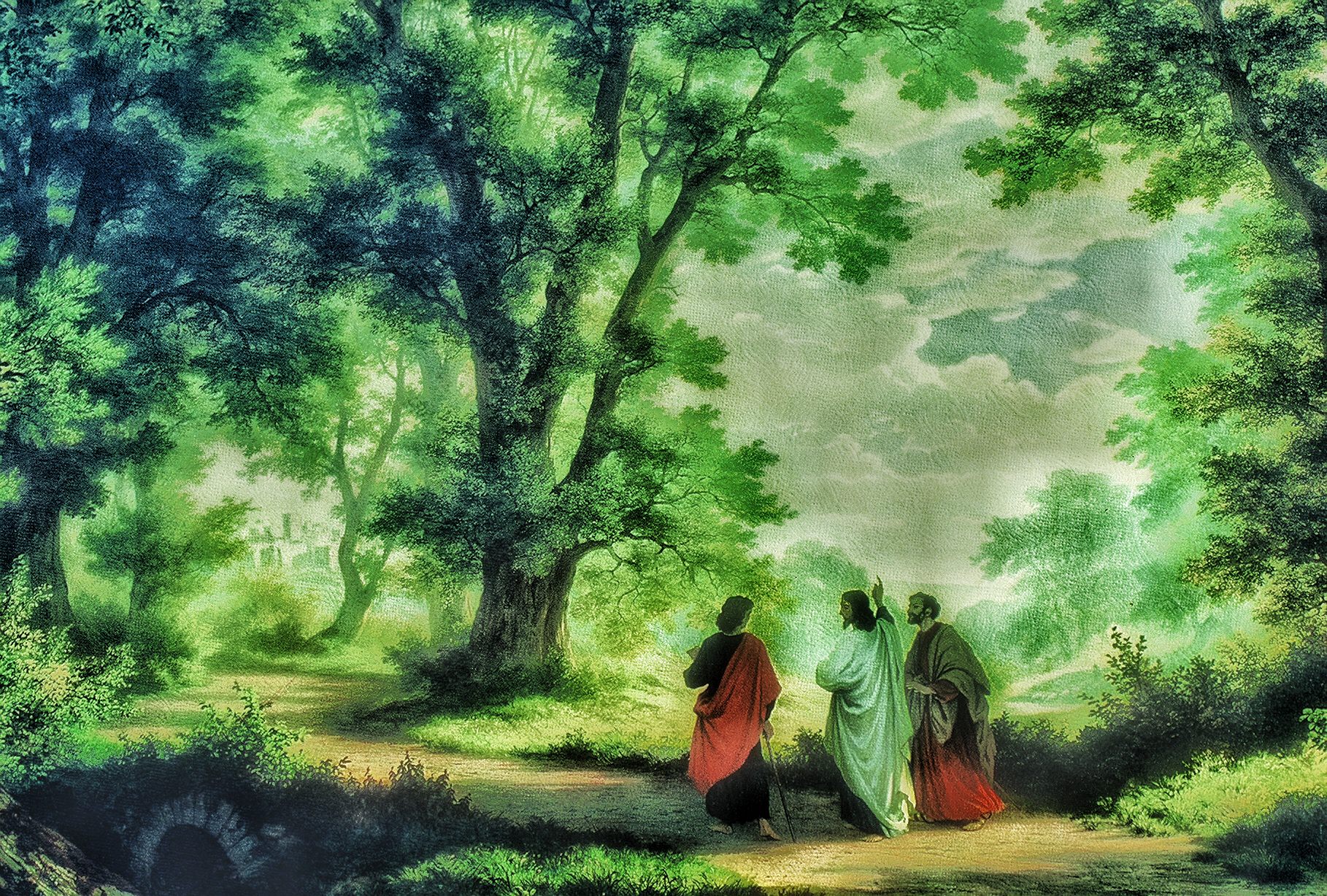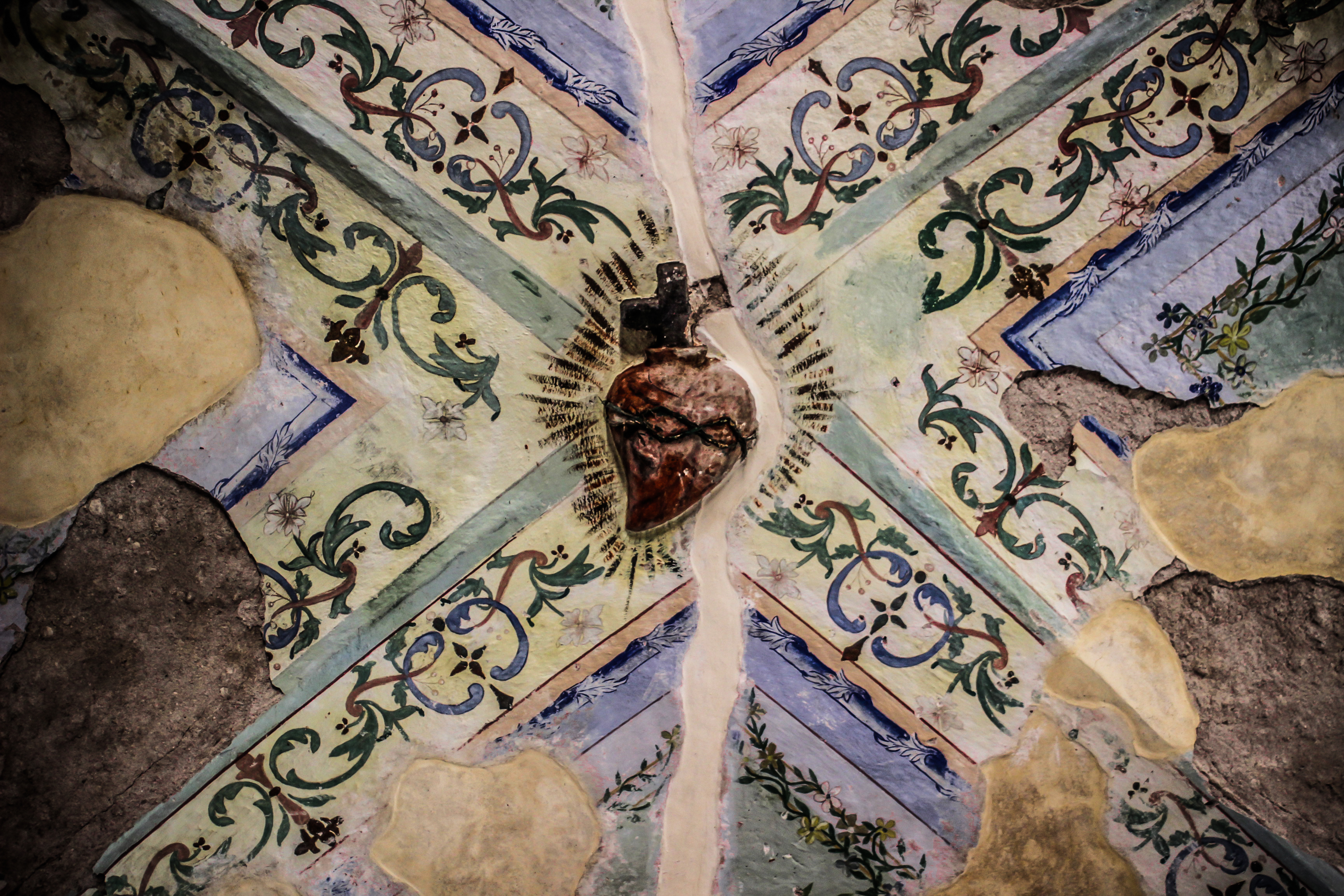Our readings today describe the Jews’ encounter with St. Stephen and Jesus’ Bread of Life Discourse, in which He invited the crowds to eat His flesh and drink His blood. It is the beginning of both scenes. In the following days, we will follow both passages to their conclusions.
When the Jews heard Stephen’s words, “they could not withstand the wisdom and the Spirit with which he spoke” (Acts 6:10). They knew that he was inspired by God, and they were powerless to argue against him. Instead of arguing, they made up false charges against him to silence him. They knew that there was something there, but they did not want to follow it to its conclusion. Doing so would mean changing their lives to follow Jesus. Not only that, but it would mean a complete reinterpretation of everything they had known before about their faith.
When the crowds encountered Jesus in Capernaum, they were hungry for more bread. Jesus said, “You are looking for me not because you saw signs but because you ate the loaves and were filled. Do not work for food that perishes but for the food that endures for eternal life” (John 6:26–27). They witnessed the multiplication of the loaves, but did not recognize that the miracle came from God for the sake of their faith in Him. Instead of changing their lives to follow Jesus and reinterpreting everything they had known, they continued to seek after the things of this world.
The Jews and the crowds had parallel reactions here: they could not let go of the world for the sake of the Kingdom of God. The Jews knew that Stephen spoke by the Holy Spirit, but they chose to frame him. The crowds, when they heard Jesus’ words about His body and blood, left him in large groups. They knew that He spoke with authority, but they did not want to accept what His message would mean for them.
These two stories are instructive for us, true as they are. St. Stephen’s message about the Messiah is still true, and Jesus’ message about eating His flesh and drinking His blood is still true. When we grasp the significance of these messages, we understand that to accept them means to change our lives to worship Jesus as our Lord, our Savior, God incarnate. Accepting the words of Christ means to act as if we truly believe that He is present in the Holy Eucharist.
At times, our actions do not reflect our belief in Jesus as Lord and as present in the Eucharist. These readings give us the opportunity to reflect on how we are living our Faith practically. How do we act around the tabernacle? Do we go to adoration? Are we attentive and respectful at Mass? How do we receive Communion? Let us take the opportunity to compare our lives with the truth of St. Stephen’s and Jesus’ words, and let go of our attachment to this passing world.
Nuestras lecturas de hoy describen el encuentro de los judíos con San Esteban y el Discurso del Pan de Vida de Jesús, en el que invitó a las multitudes a comer Su carne y beber Su sangre. Es el comienzo de ambas escenas. En los próximos días seguiremos ambos pasajes hasta sus conclusiones.
Cuando los judíos escucharon las palabras de Esteban, “no pudieron refutar la sabiduría y al Espíritu con que hablaba” (Hechos 6,10). Sabían que estaba inspirado por Dios y no podían argumentar contra él. En lugar de discutir, inventaron cargos falsos contra él para silenciarlo. Sabían que había algo allí, pero no querían seguirlo hasta el final. Hacerlo significaría cambiar sus vidas para seguir a Jesús. No sólo eso, sino que significaría una reinterpretación completa de todo lo que habían sabido antes sobre su fe.
Cuando las multitudes encontraron a Jesús en Cafarnaúm, tenían hambre de más pan. Jesús dijo: “Yo les aseguro que ustedes no me andan buscando por haber visto signos, sino por haber comido de aquellos panes hasta saciarse. No trabajen por ese alimento que se acaba, sino por el alimento que dura para la vida eterna ” (Juan 6,26-27). Fueron testigos de la multiplicación de los panes, pero no reconocieron que el milagro procedía de Dios por causa de su fe en Él. En lugar de cambiar sus vidas para seguir a Jesús y reinterpretar todo lo que habían conocido, continuaron buscando las cosas de este mundo.
Los judíos y las multitudes tuvieron aquí reacciones paralelas: no podían abandonar el mundo por el Reino de Dios. Los judíos sabían que Esteban hablaba por el Espíritu Santo, pero decidieron incriminarlo. La multitud, cuando oyó las palabras de Jesús acerca de su cuerpo y su sangre, lo abandonaron en grandes grupos. Sabían que Él hablaba con autoridad, pero no querían aceptar lo que significaría Su mensaje para ellos.
Estas dos historias son instructivas para nosotros, por muy ciertas que sean. El mensaje de San Esteban sobre el Mesías sigue siendo cierto, y el mensaje de Jesús sobre comer Su carne y beber Su sangre sigue siendo cierto. Cuando captamos el significado de estos mensajes, entendemos que aceptarlos significa cambiar nuestras vidas para adorar a Jesús como nuestro Señor, nuestro Salvador, Dios encarnado. Aceptar las palabras de Cristo significa actuar como si realmente creyéramos que Él está presente en la Sagrada Eucaristía.
A veces, nuestras acciones no reflejan nuestra creencia en Jesús como Señor presente en la Eucaristía. Estas lecturas nos dan la oportunidad de reflexionar sobre cómo estamos viviendo nuestra Fe de manera práctica. ¿Cómo actuamos en frente del tabernáculo? ¿Vamos a la adoración? ¿Somos atentos y respetuosos en la Misa? ¿Cómo recibimos la Comunión? Aprovechemos la oportunidad para comparar nuestras vidas con la verdad de las palabras de San Esteban y de Jesús, y dejemos de lado nuestro apego a este mundo pasajero.
 David Dashiell is a freelance author and editor in Nashville, Tennessee. He has a master’s degree in theology from Franciscan University, and is the editor of the anthology Ever Ancient, Ever New: Why Younger Generations Are Embracing Traditional Catholicism.
David Dashiell is a freelance author and editor in Nashville, Tennessee. He has a master’s degree in theology from Franciscan University, and is the editor of the anthology Ever Ancient, Ever New: Why Younger Generations Are Embracing Traditional Catholicism.
Feature Image Credit: Melanie Santillan, cathopic.com/photo/34790-blessed-sacrament
